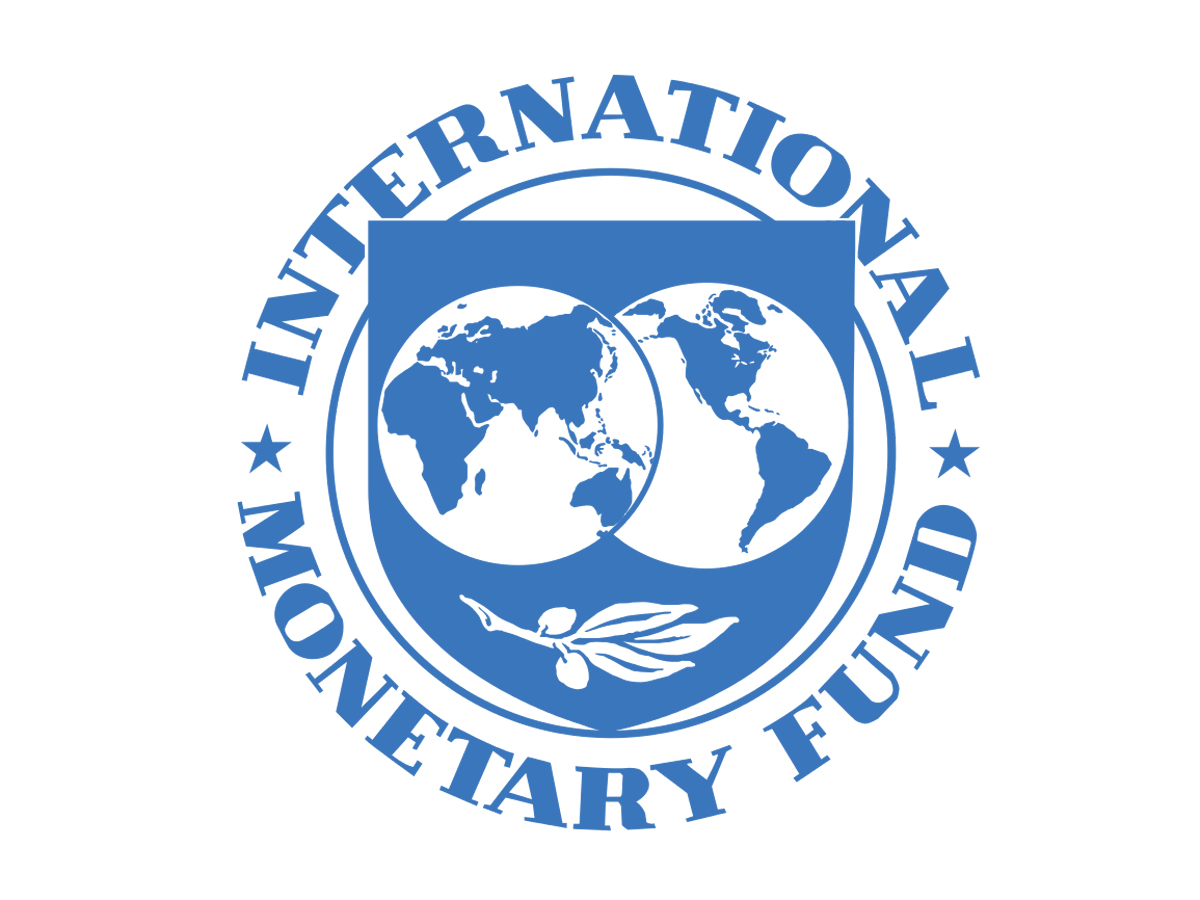Baku, Azerbaijan, July 20
By Azad Hasanli – Trend:
The International Monetary Fund (IMF) in its World Economic Outlook has improved the forecast for economic growth in the CIS countries up to 0.6 percent and 1.5 percent, in 2016 and 2017, respectively.
Earlier, in the April report, the IMF expected the CIS countries’ GDP to reduce by an average of 1.1 percent in 2016 and increase by 1.3 percent in 2017.
According to the July report, the GDP growth in the CIS countries, excluding Russia, is projected at 1 percent in 2016 and 2.5 percent in 2017.
The IMF expects the Russian economy to contract by 1.2 percent in 2016 and increase by 1 percent in 2017.
According to the report, turning to indicators of real activity, output growth in the first quarter of 2016 was somewhat better than expected in emerging market and developing economies and roughly in line with projections for advanced economies, with better-than-expected euro area growth counterbalancing weaker US growth.
Productivity growth in most advanced economies remained sluggish, and inflation was below target owing to slack and the effect of past declines in commodity prices, the report said.
“Indicators of real activity were somewhat stronger than expected in China, reflecting policy stimulus, as well as in Brazil and Russia, with some tentative signs of moderation in Brazil’s deep downturn and stabilization in Russia following the rebound in oil prices,” the report said. “While global industrial activity and trade have been lackluster amid China’s rebalancing and generally weak investment in commodity exporters, recent months have seen some pick-up due to stronger infrastructure investment in China and higher oil prices.”
IMF analysts said that many commodity exporters still confront the need for sizable fiscal adjustments, and emerging market economies more broadly need to be alert to financial stability risks.
“Risks of non-economic origin also remain salient,” the report said. “Political divisions within advanced economies may hamper efforts to tackle long-standing structural challenges and the refugee problem; and a shift toward protectionist policies is a distinct threat.”
“Geopolitical tensions, domestic armed strife, and terrorism are also taking a heavy toll on the outlook in several economies, especially in the Middle East, with further cross-border ramifications,” the report said. “Other ongoing concerns include climate-related factors – e.g., the drought in East and Southern Africa – and diseases such as the Zika virus afflicting the Latin America and Caribbean region.”






